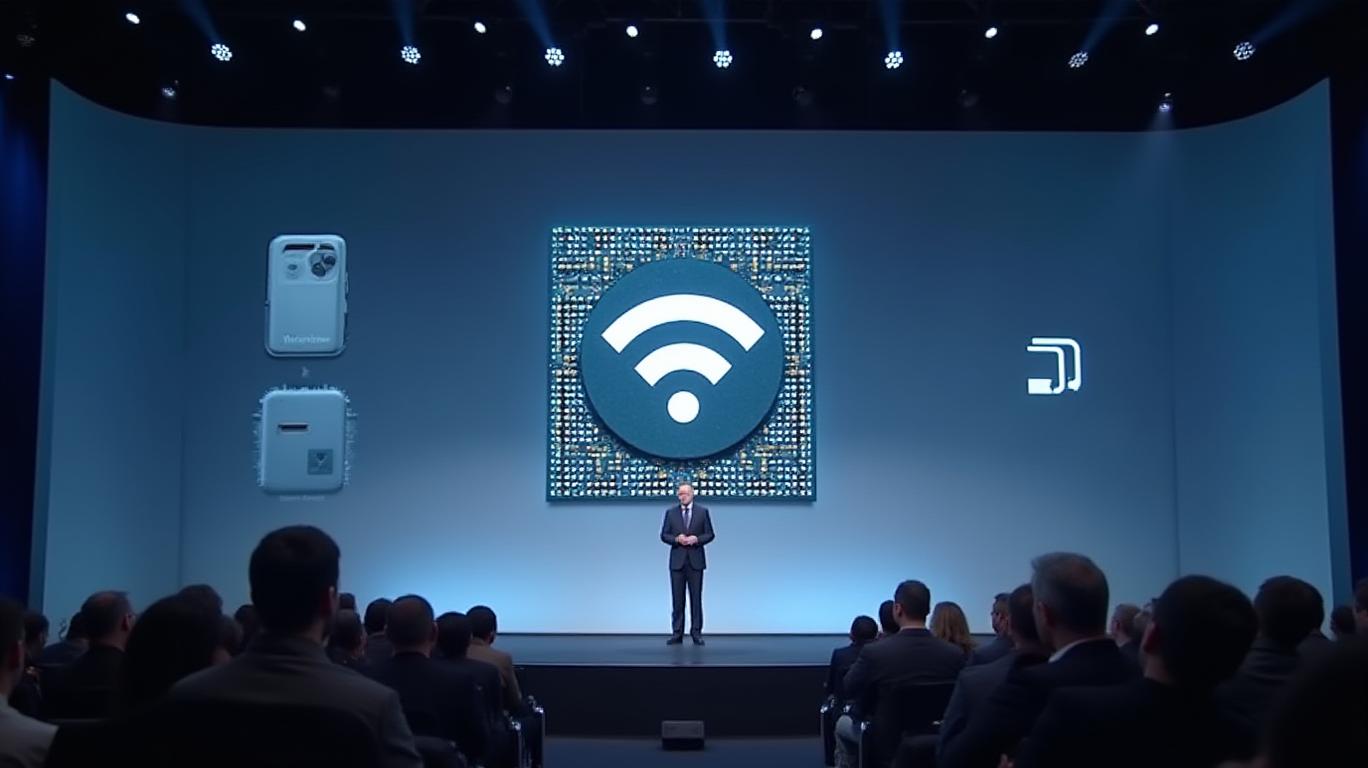Apple's Bold Chip Move: Proxima Set to Challenge Broadcom with In-House Wi-Fi Revolution
Recent developments in Apple's chip production have stirred the tech industry with the possibility of an in-house Wi-Fi chip debuting on iPhones as early as next year. This shift highlights a strategic move where Apple may replace Broadcom components in its products, signaling a significant turn in the competitive dynamics between the two companies. With a codename "Proxima," Apple's internally developed chip has been in the works for years and is set to appear in Apple TV and HomePod mini devices before making its way into iPhones later next year, followed by iPads and Macs in 2026.
The advancement of the Proxima chip, steered by Apple's hardware technology division under the guidance of Senior Vice President Johny Srouji, marks a critical milestone for the company. Although specifics about the chip's technology remain undisclosed, it is designed to deliver an integrated wireless solution aimed at improving energy efficiency. Produced by TSMC, the new chip will help Apple streamline its control over hardware connections, potentially enhancing user experiences and enabling slimmer devices and innovative formats like wearable technology.
This development poses a challenge for Broadcom, Apple's largest Wi-Fi and Bluetooth chip supplier, whose financials heavily rely on Apple, contributing to a fifth of Broadcom's annual revenue. The transition to self-developed chips could mean losing a major customer, raising concerns about Broadcom's future financial outlook. Following the news, Apple shares saw a modest uptick, reflecting investor confidence in Apple's strategy, while Broadcom experienced a dip in stock value, illustrating market apprehension about the implications of losing Apple's business.
Speculation about Apple phasing out Broadcom chips started early last year, with aims to fully integrate internally designed Wi-Fi and Bluetooth components by 2025. This move aligns with Apple's broader ambition to integrate a spectrum of components, further distancing itself from other suppliers, such as Qualcomm for modem chips. Though unrelated, Apple's modem development may eventually synergize with the new Wi-Fi and Bluetooth technologies.

Stay ahead with real-time Wall Street scoops.
Latest Articles
Stay ahead of the market.
Get curated U.S. market news, insights and key dates delivered to your inbox.

Comments
No comments yet